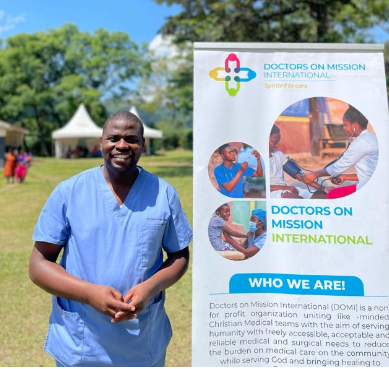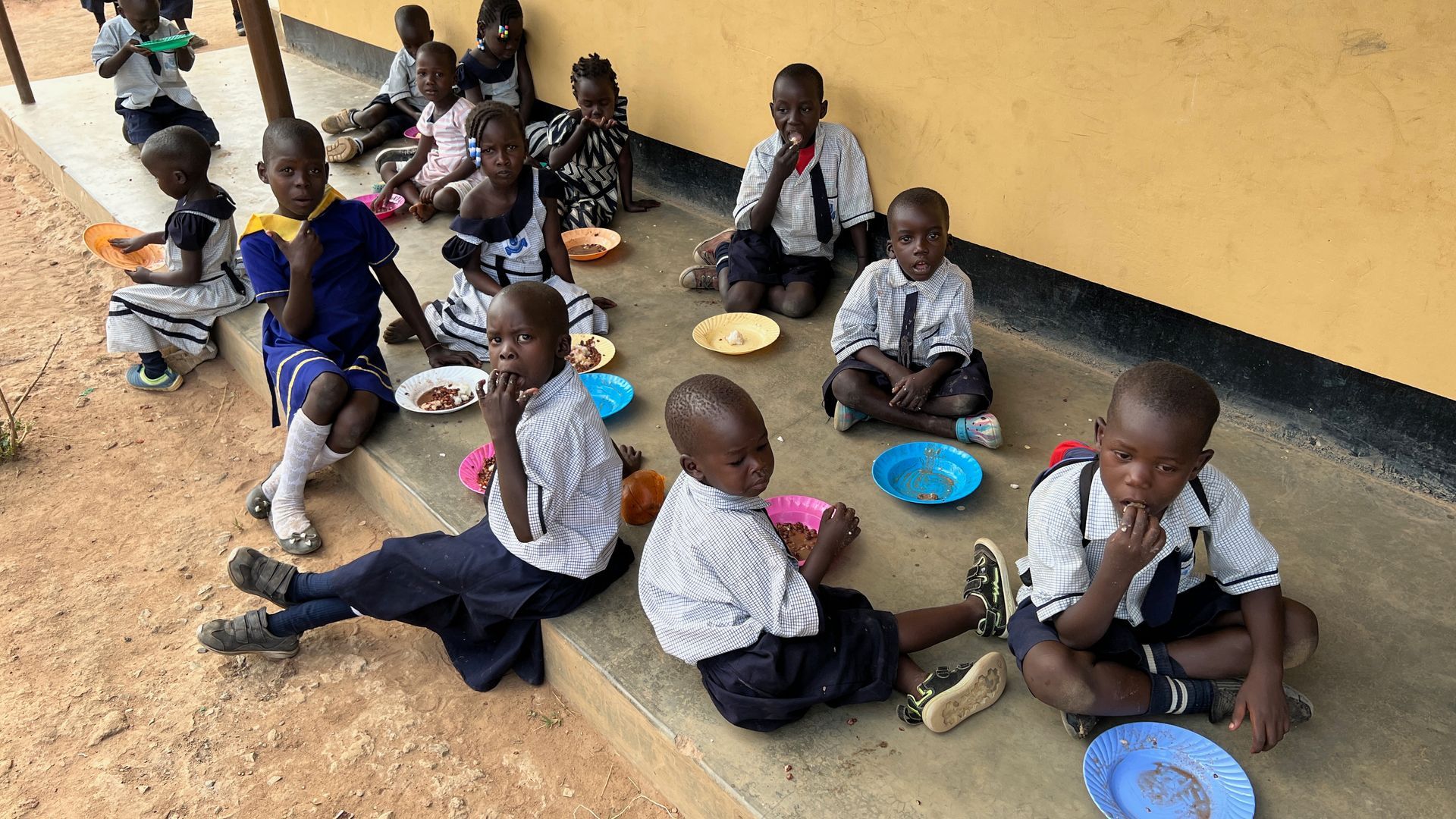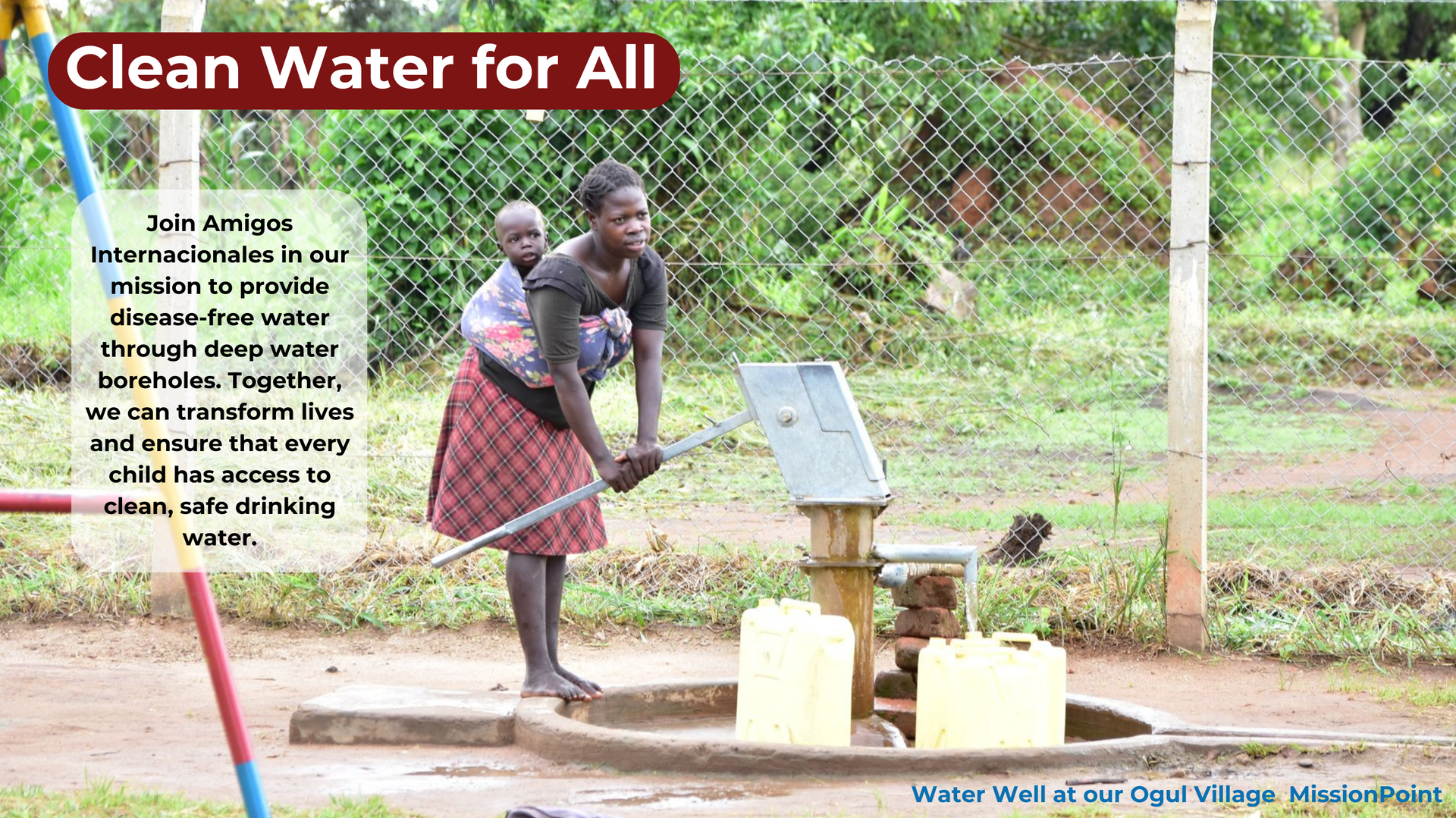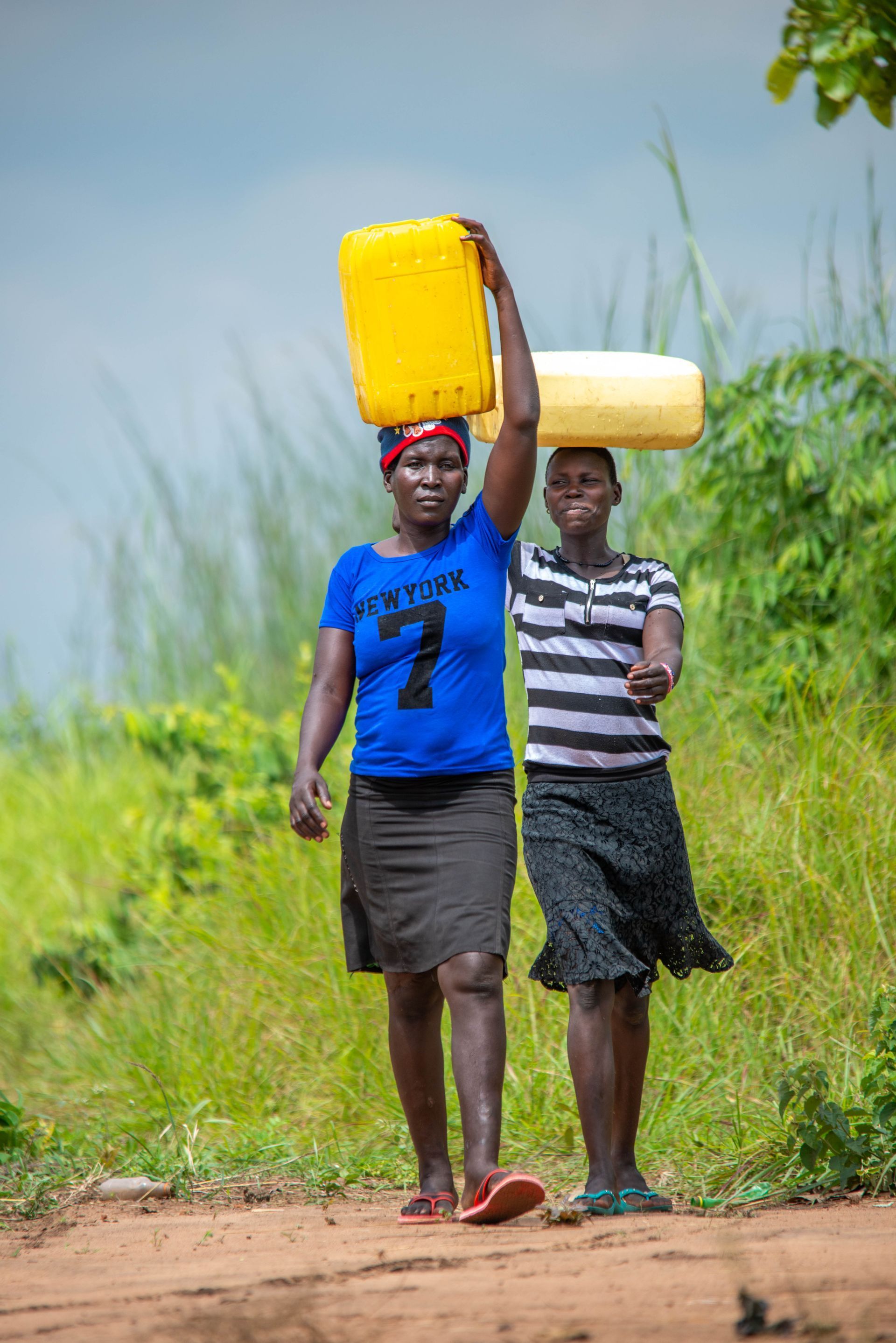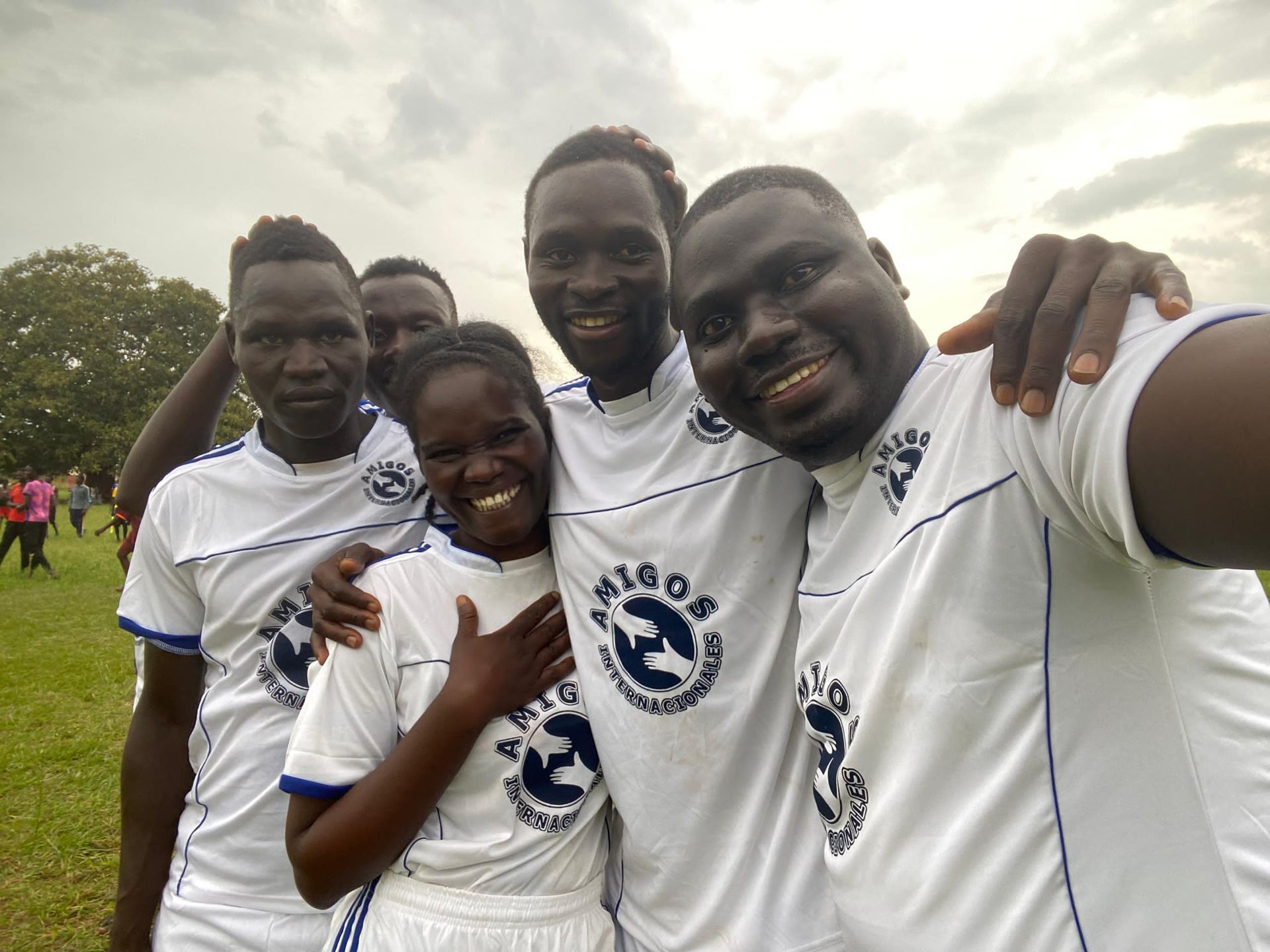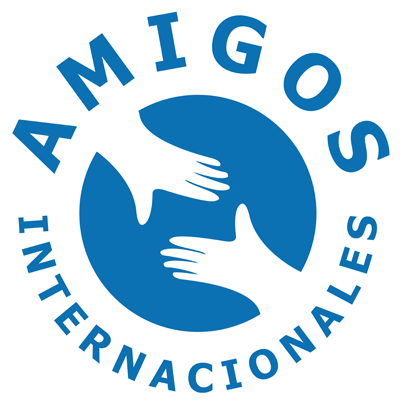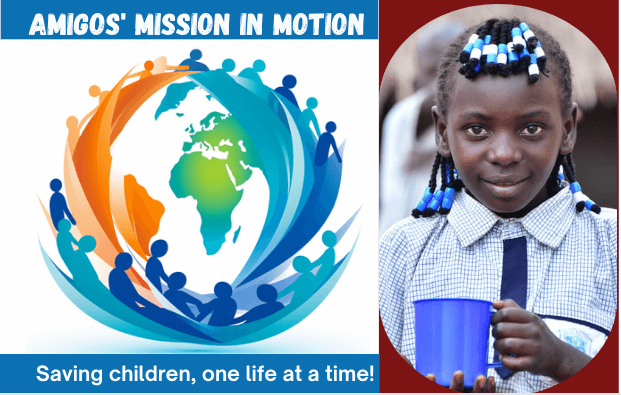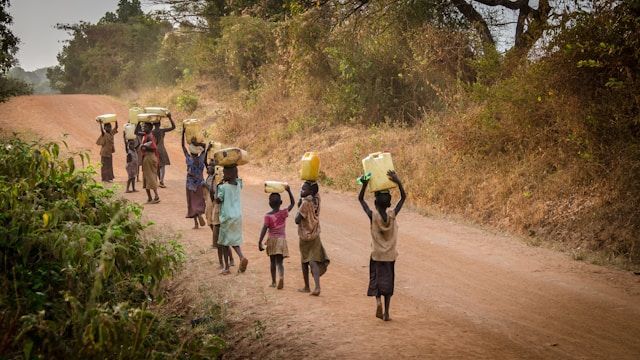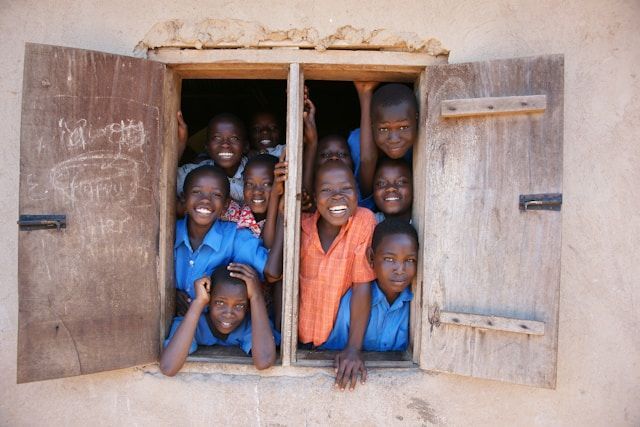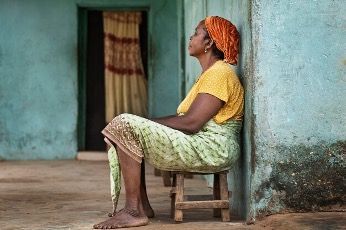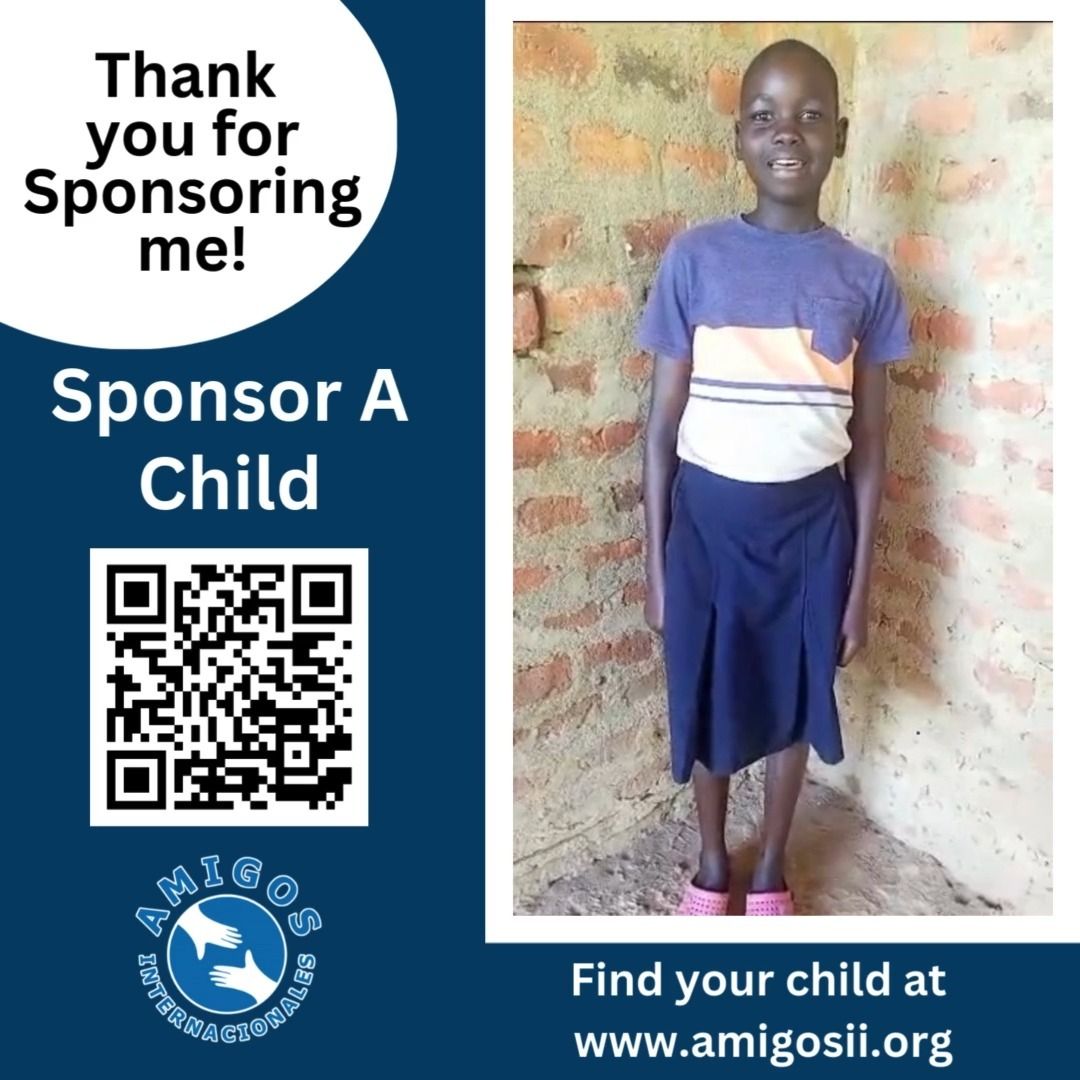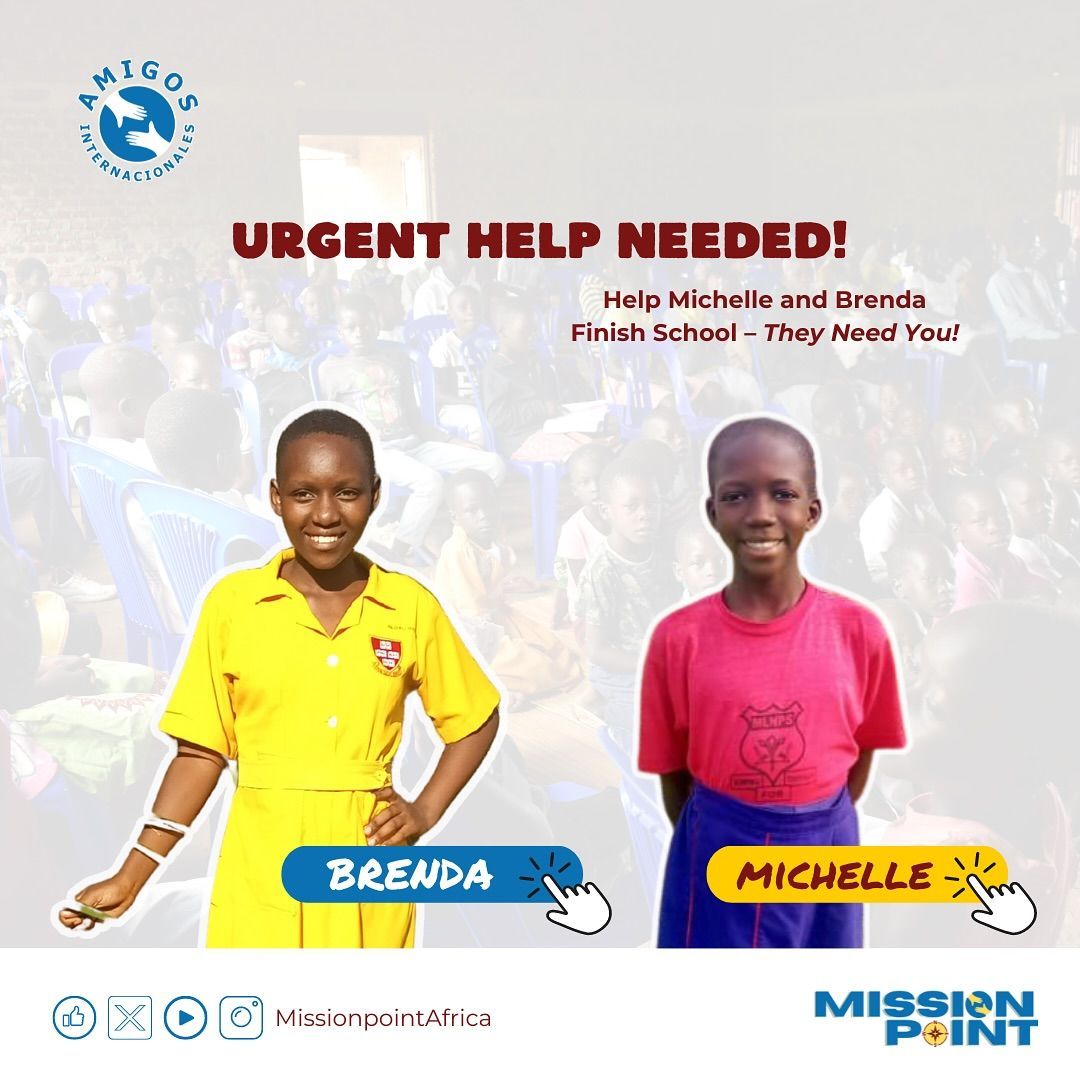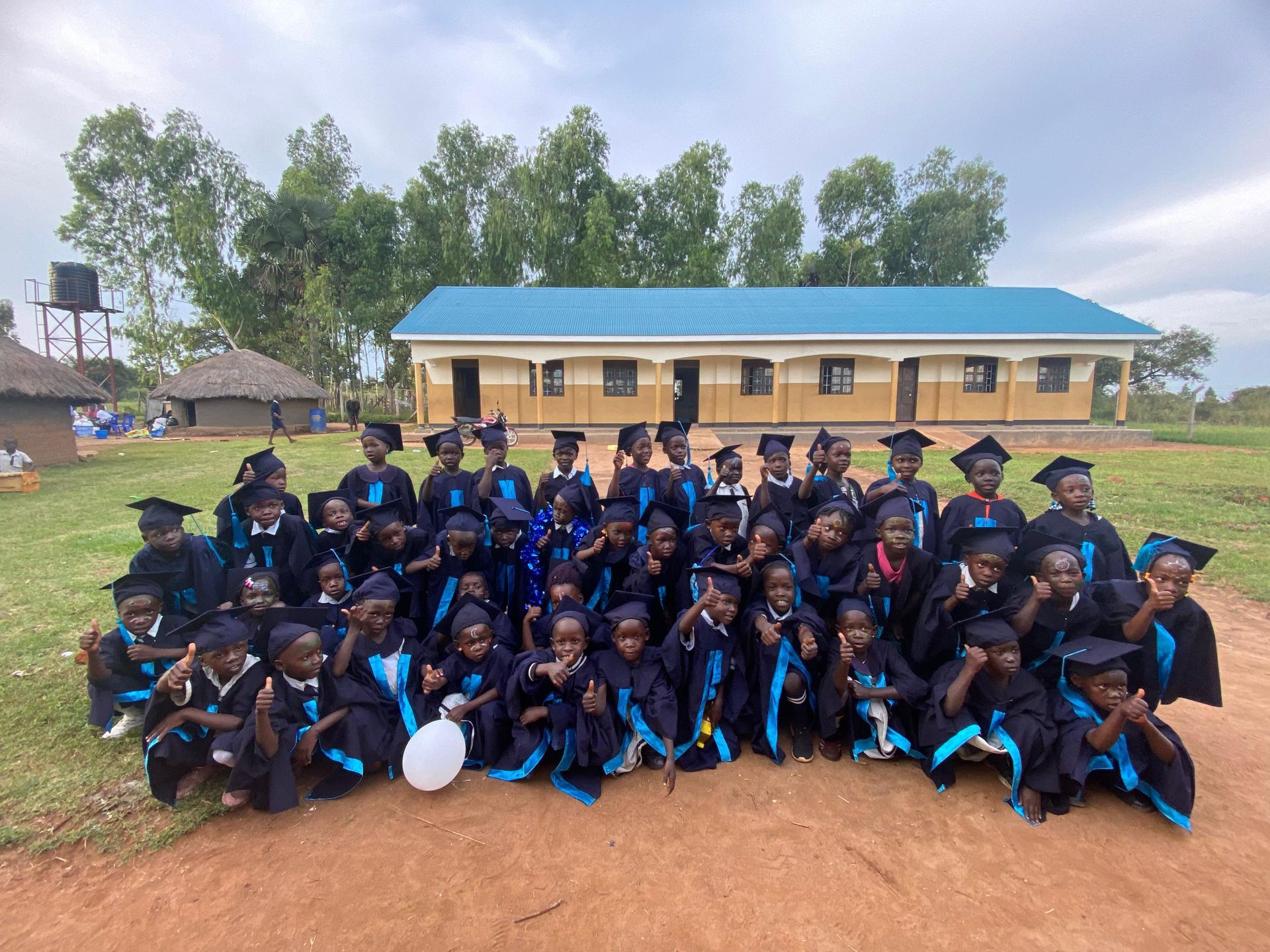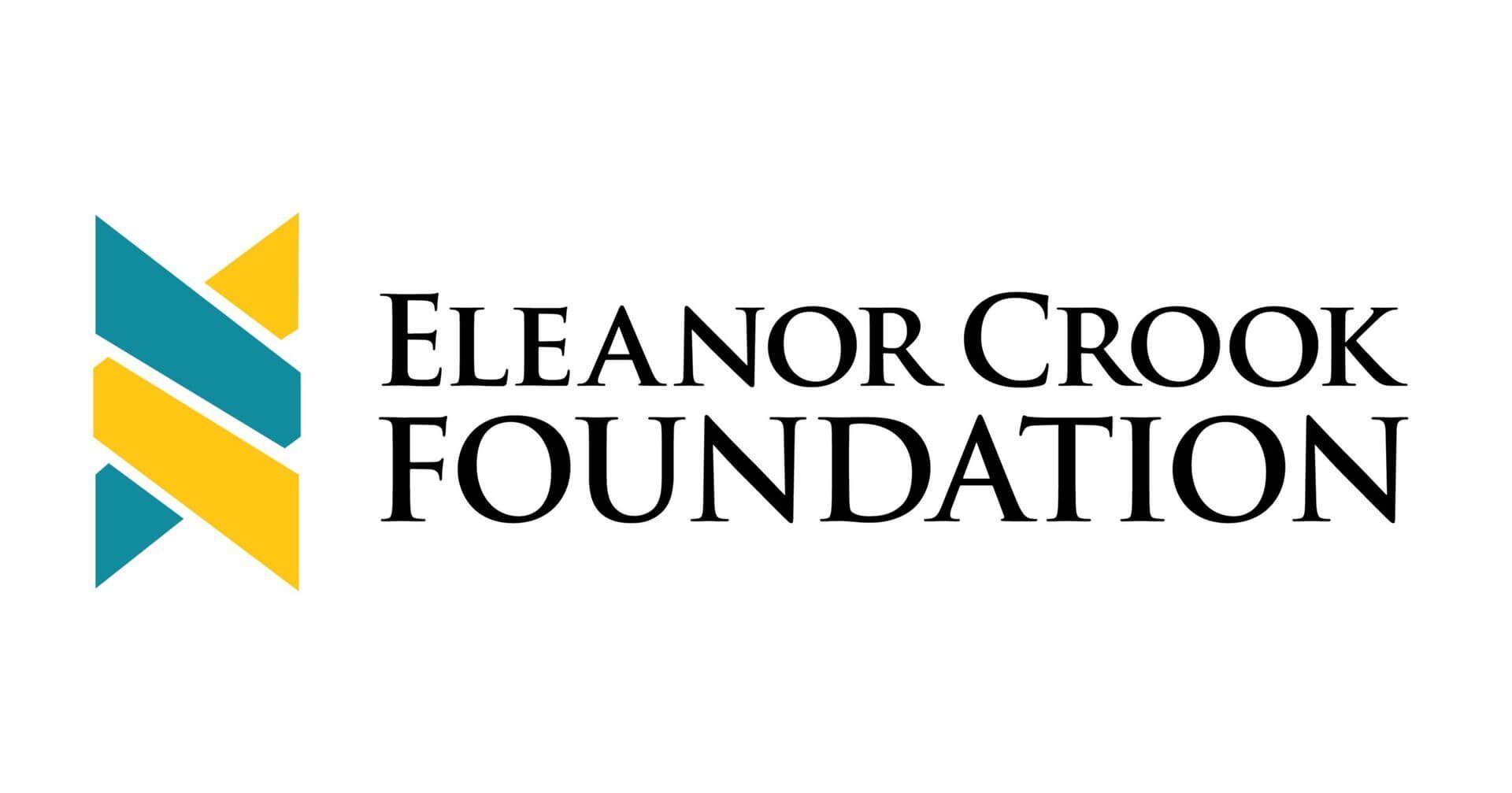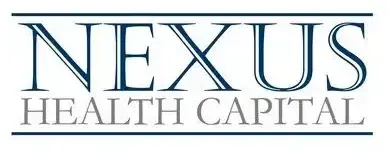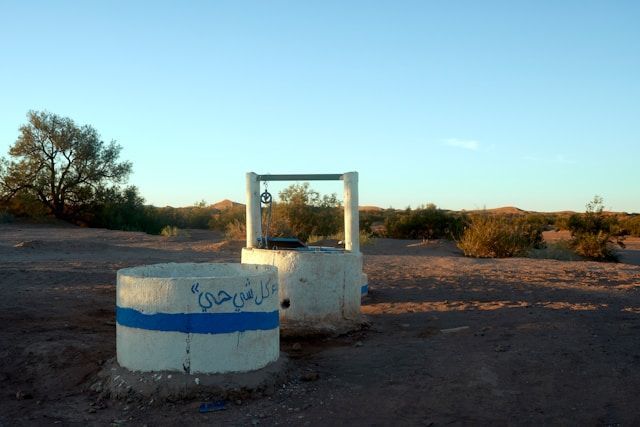
Imagine a kid in a dusty African village, sipping water from a muddy pond. That’s the reality for millions across the continent, where clean water isn’t a given. In places like rural Uganda, families face daily struggles just to find something safe to drink. It’s not just inconvenient, it’s a health crisis that traps communities in poverty. At Amigos Internacionales, we’re tackling this head-on by drilling deep water wells that deliver safe, lasting water. Since 2018, we’ve been changing lives in Uganda, and we’re not stopping there. Want to know how much it costs, what it does, and why it matters? Let’s dive into the costs, benefits, and impact of building water wells in Africa.
>> Ready to make a difference? Donate Now!
The Cost of Building Water Wells in Africa
Building a water well in Africa isn’t like digging a backyard hole. It’s a big project that takes money, planning, and care to get right. In Uganda, we’ve learned a deep well can cost around $10,000, like the one we drilled at Open Hands Academy in Ogul Village. That price covers a lot: heavy-duty drilling to reach clean underground water, sturdy materials like pipes and pumps, skilled workers who know the land, and upkeep to keep the well running for years. Why so pricey? Shallow wells might be cheaper, but they often pull up dirty water that makes people sick. Deep wells tap into safe sources, which is why we go the extra mile.
Our approach keeps costs smart. We team up with local experts who understand the community’s needs, making sure every dollar stretches far. At Open Hands, that $10,000 well now serves 150 kids and nearby families.
>> Help us fund more wells. Give Now!
Benefits of Clean Water Wells
So, what does a well actually do? First off, it’s a game-changer for health. In rural Uganda, dirty water from rivers or ponds carries nasty bugs like cholera. Our wells pump out clean water, slashing those illnesses fast. Kids aren’t stuck in bed with stomachaches, and parents can breathe easier. It’s not just about staying healthy, though. Wells save time. Without them, women and girls often walk miles to fetch water, sometimes twice a day. A nearby well frees up hours for work, school, or just living life.
Education gets a boost too. When girls don’t have to haul water, they can hit the books instead. At Open Hands, our well means 150 kids, including girls, stay in class. Plus, communities thrive with reliable water. Farmers can grow more, and small businesses pop up. It’s like flipping a switch for hope. Curious how water ties to learning? Peek at Open Hands Academy.
>> Bring these benefits to life. Donate Now!
The Impact of Wells in Africa
Now let’s talk impact. Picture Ogul Village before our well: kids drank from sketchy sources, and sickness was common. In 2020, we drilled a $10,000 well at Open Hands Academy, and it’s been a lifeline for 150 students and the surrounding community. That’s just one story. Since 2018, we’ve been building wells across rural Uganda, reaching villages where clean water was a dream. The ripple effect is real. Health improves, kids stay in school, and families feel stronger.
Take education: with wells, girls aren’t missing class to fetch water, and boys aren’t slowed by illness. In Uganda, our wells have helped communities break free from poverty’s grip. Farmers water crops, moms start side hustles, and kids grow up with options. These wells aren’t just holes in the ground, they’re hope machines, built to last for years. Want more stories like this? Visit Clean Water.
How You Can Support Well Projects
We’re fired up to keep drilling wells, but we can’t do it alone. Your support can make more wells happen in rural Africa, starting with Uganda. Every donation, big or small, helps. A few bucks might buy pipes, while a bigger gift could fund a pump or maintenance to keep a well flowing. At Amigos, we stretch every dollar to maximize good. That $10,000 well at Open Hands? It’s serving hundreds now, and your gift could do the same elsewhere.
Why does it matter? One well can transform a village, from healthier kids to happier families. We’re not just building wells, we’re building futures. You don’t need to be a millionaire to help, just someone who cares.
Conclusion
Building water wells in Africa, especially in Uganda, takes cash, but the payoff is priceless. For $10,000, we can drill a well that cuts diseases, frees up time, and sparks hope for entire communities. Since 2018, we’ve seen it firsthand: kids stay healthy, girls go to school, and villages grow stronger. But there’s more to do, and that’s where you come in. Your donation can bring clean water to families who’ve waited too long. Let’s keep the momentum going, one well at a time. Ready to help? Start at Clean Water.
FAQs
- How much does it cost to build a water well in Africa?
A deep well in Uganda, like the one we drilled at Open Hands Academy, costs about $10,000. This covers drilling to safe underground water, pipes, pumps, and labor, plus maintenance to keep it running for years. - What health benefits come from clean water wells?
Clean wells reduce diseases like cholera that come from dirty rivers. In Uganda, our wells mean fewer sick kids and healthier families, so everyone can focus on school, work, and life. - Why do we build wells in rural Uganda?
Rural Uganda has big water shortages, with many villages relying on unsafe ponds. Our wells bring clean water close by, helping communities like Ogul Village thrive since 2018. - How do wells help kids’ education in Africa?
Wells free up time for kids, especially girls, who no longer walk miles for water. At Open Hands, 150 students stay in school thanks to our well, boosting their learning and futures. - What makes a deep water well different?
Deep wells, unlike shallow ones, tap clean underground sources safe from germs. They’re built to last, providing reliable water for villages for years, like ours in Uganda.
Categories
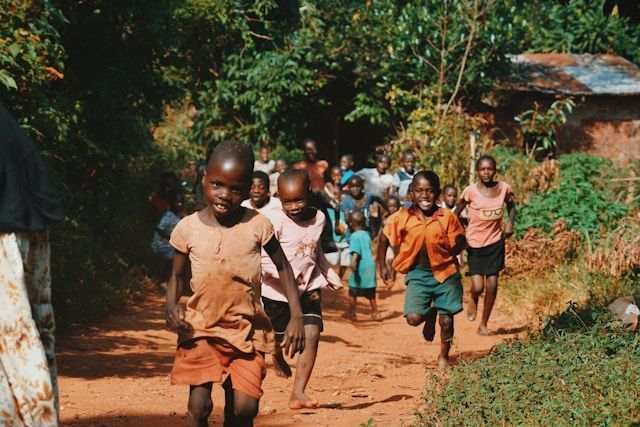
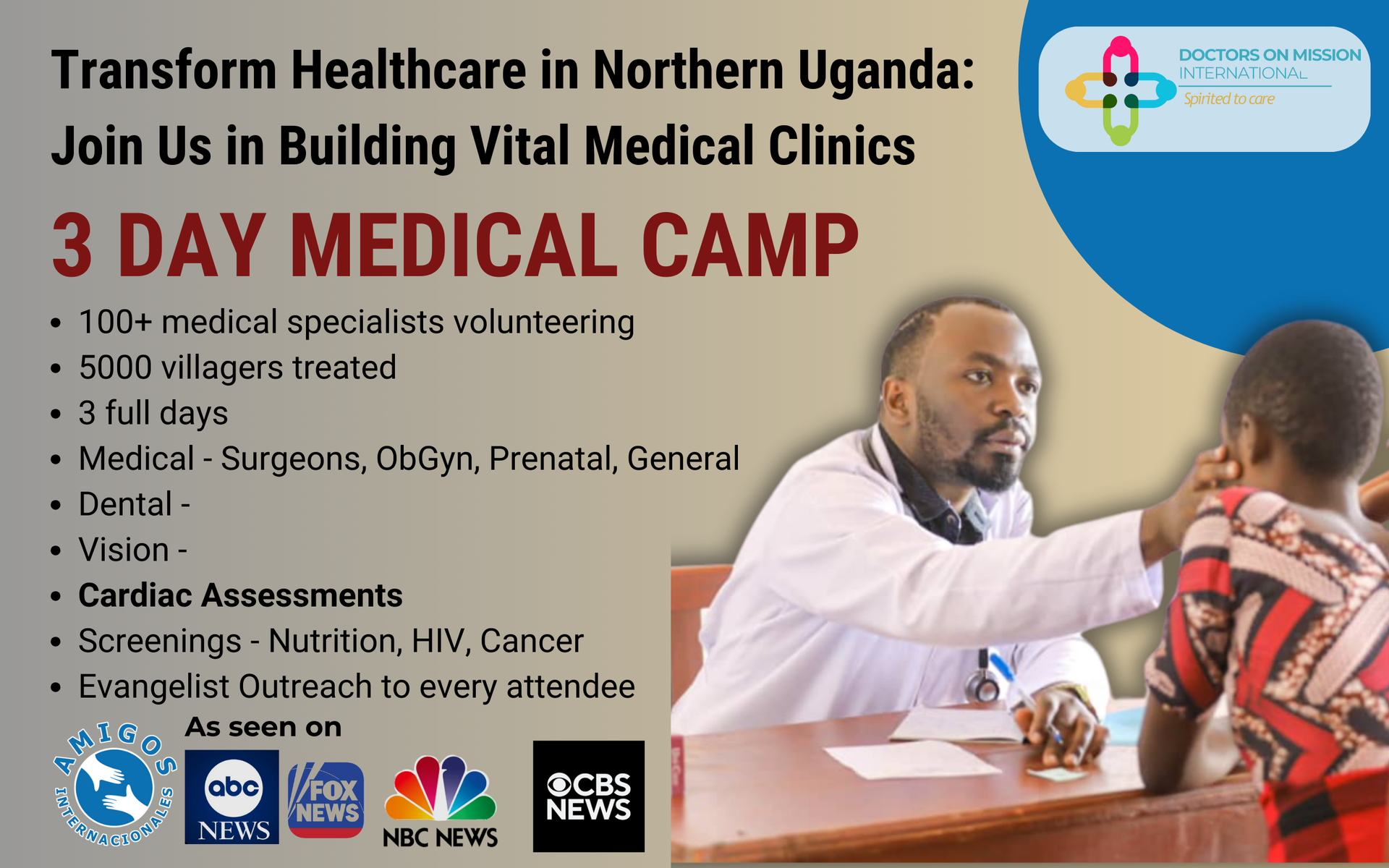
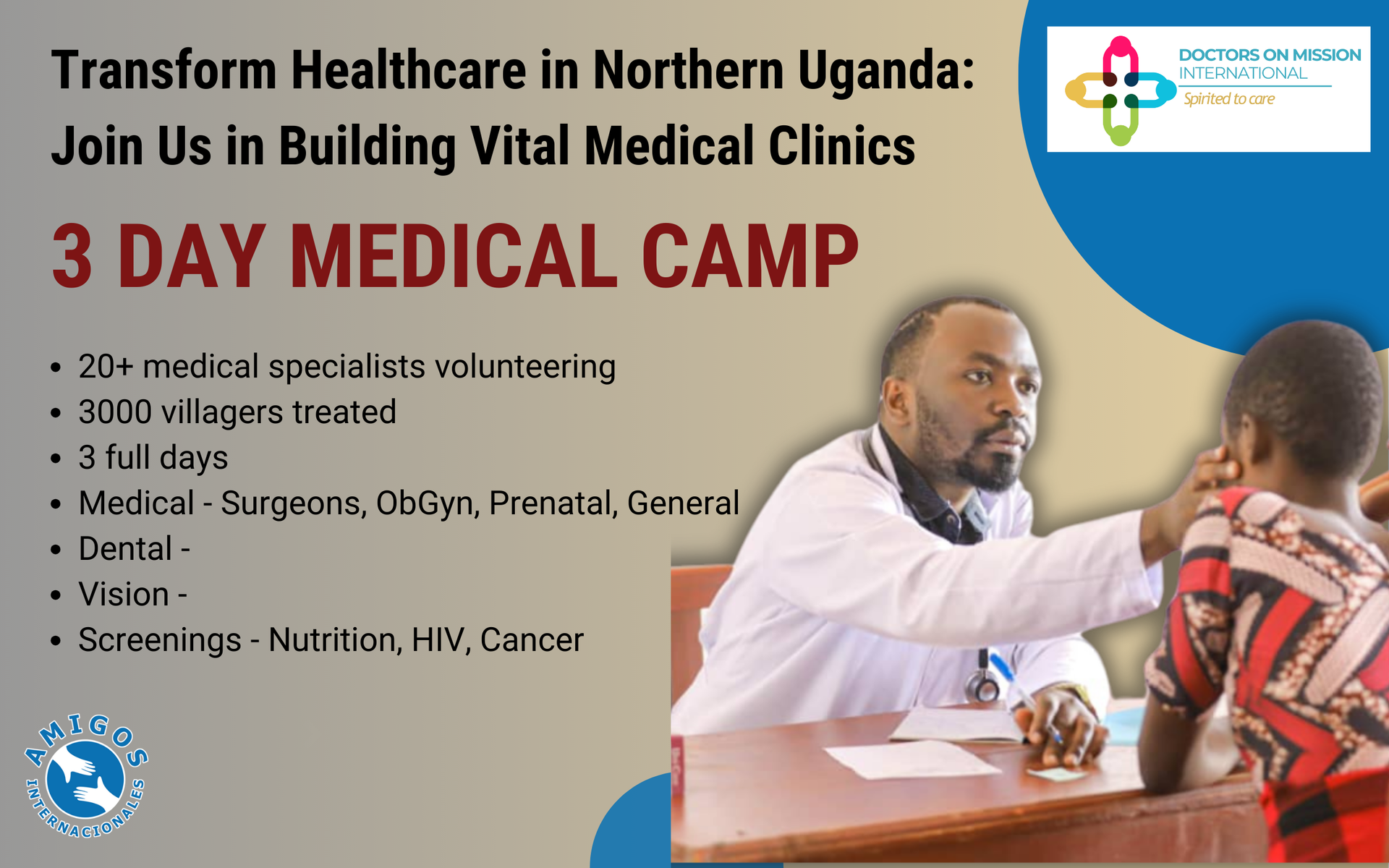
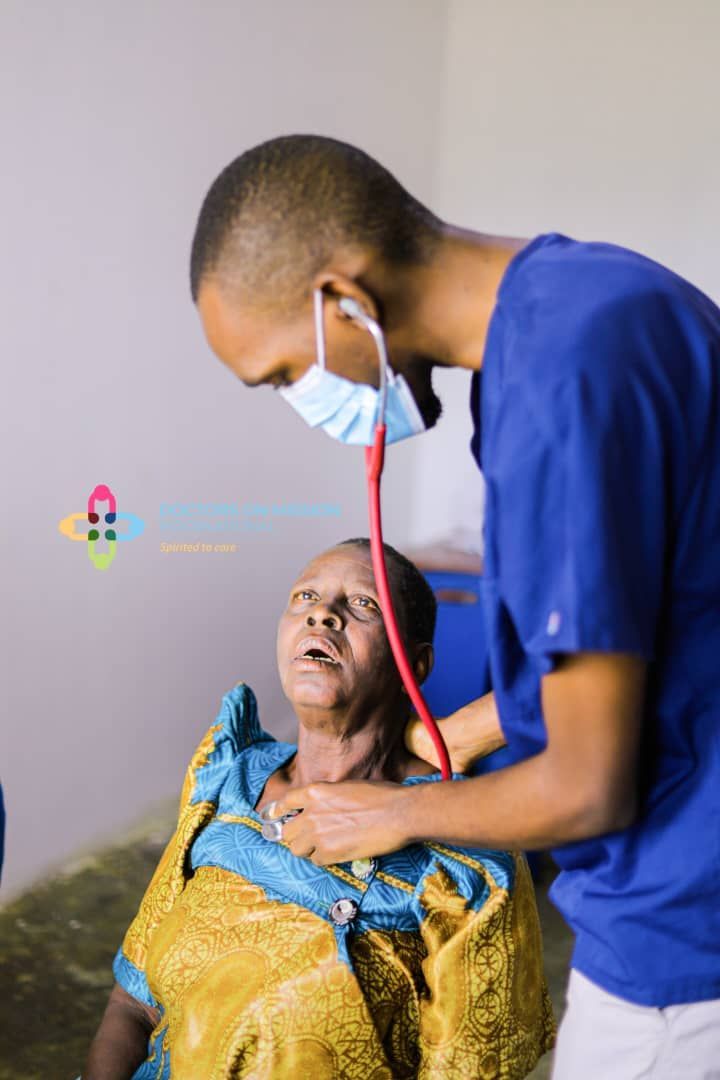
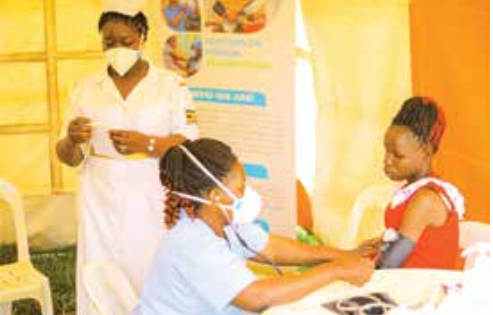
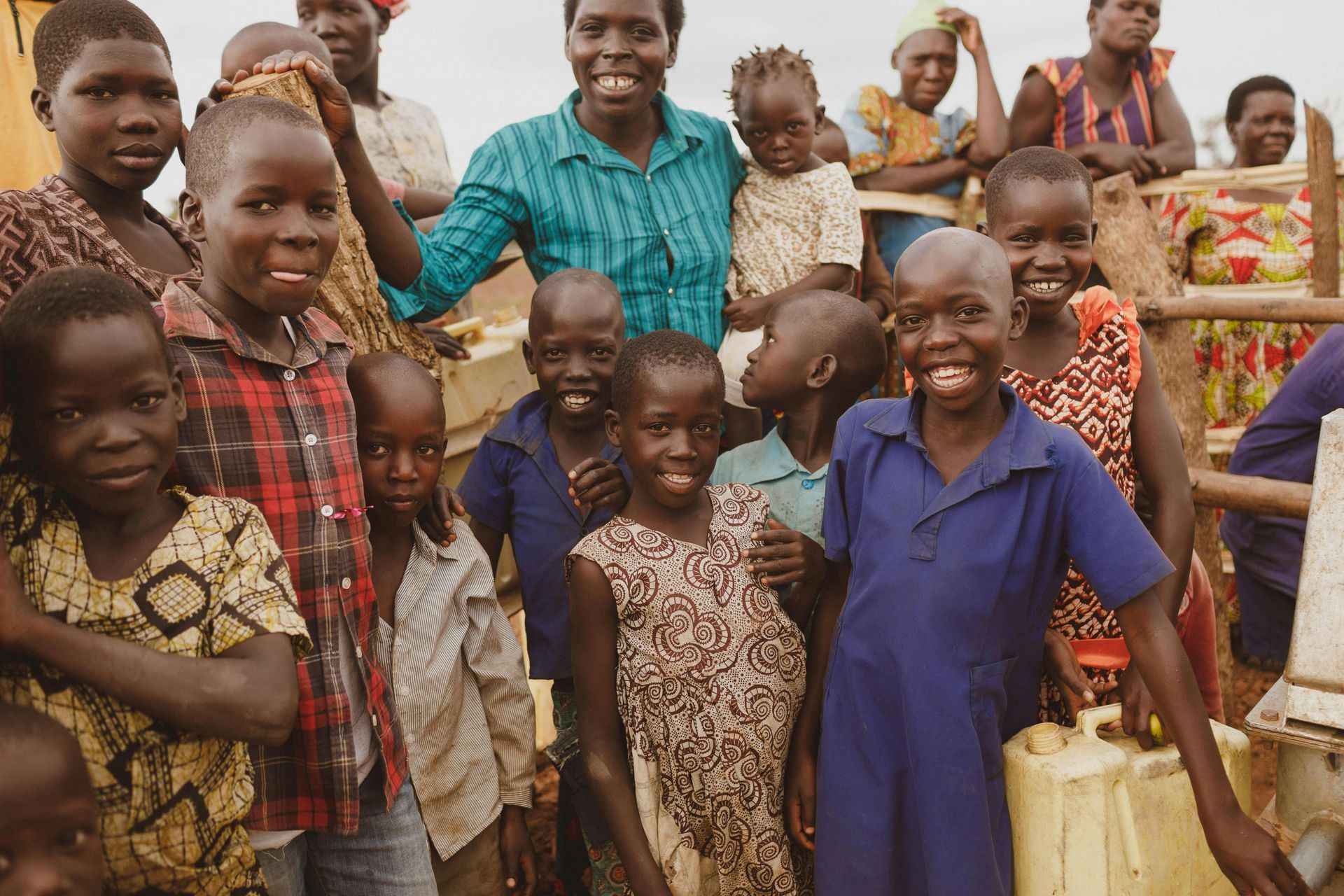
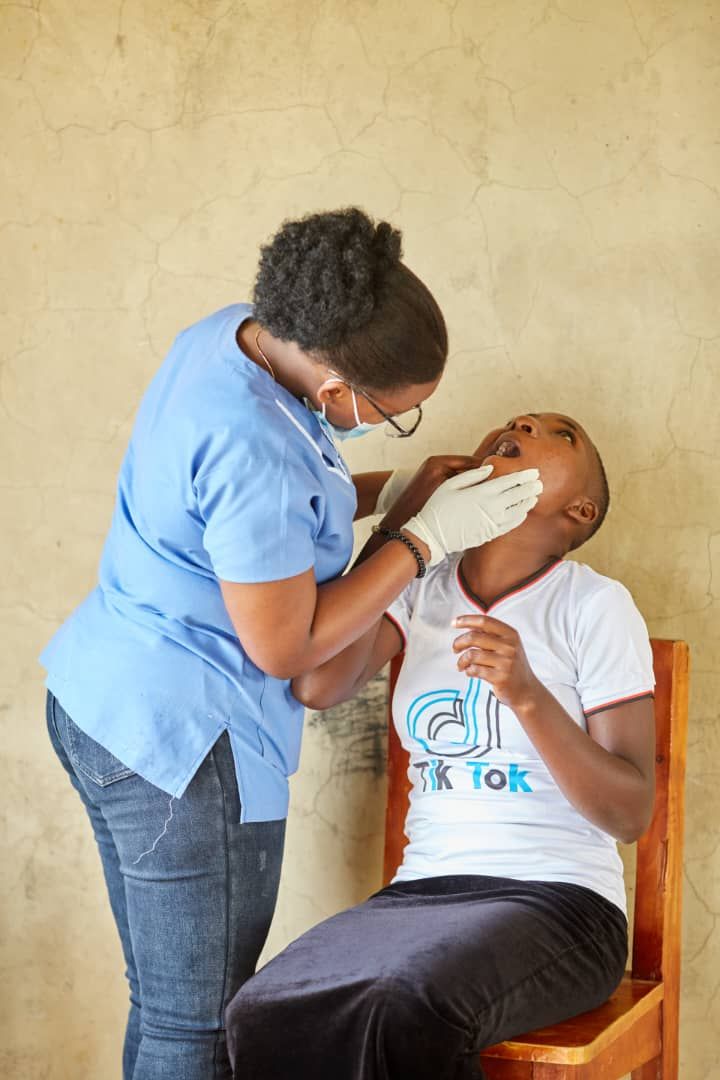
Social Media







